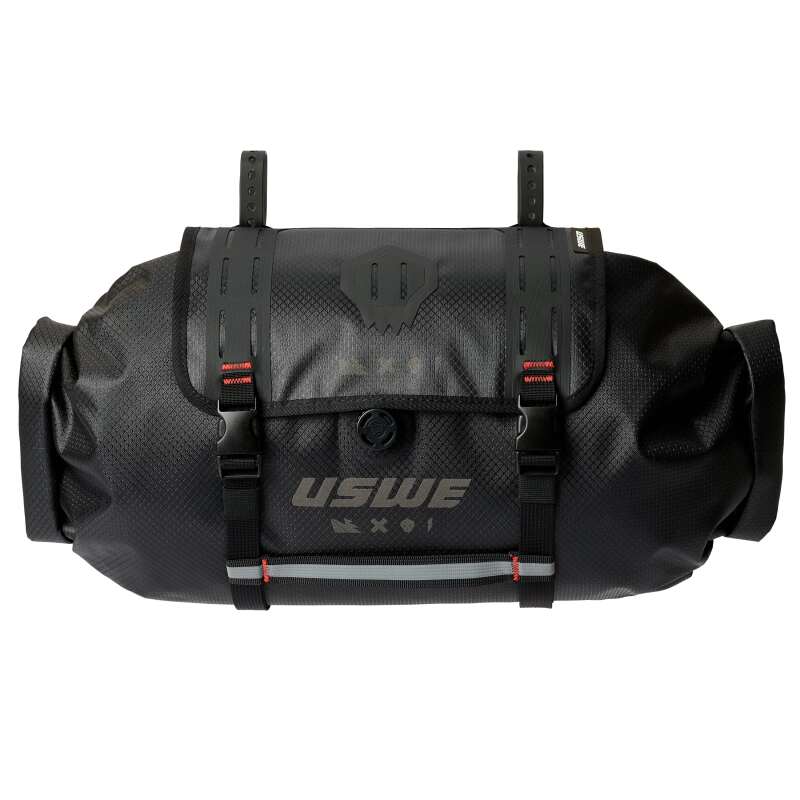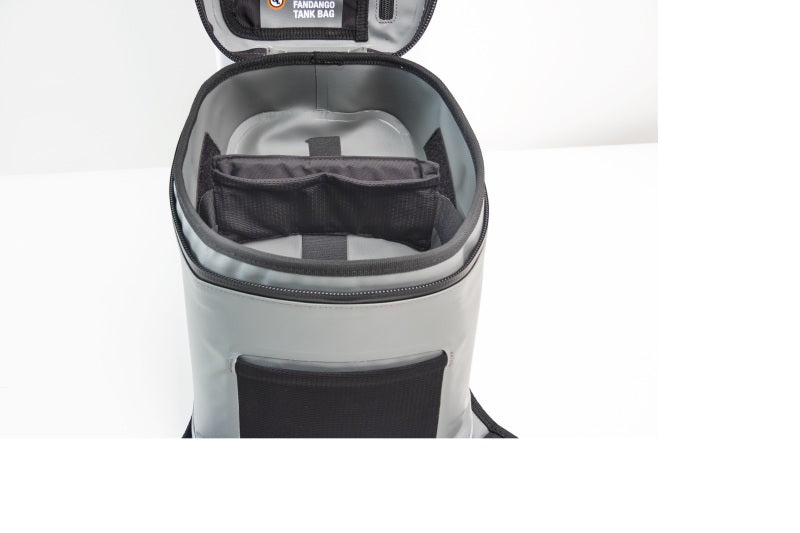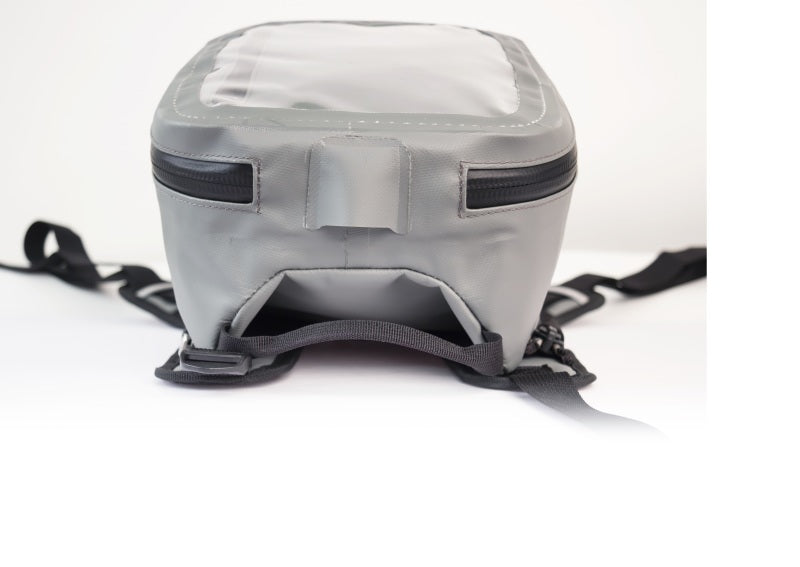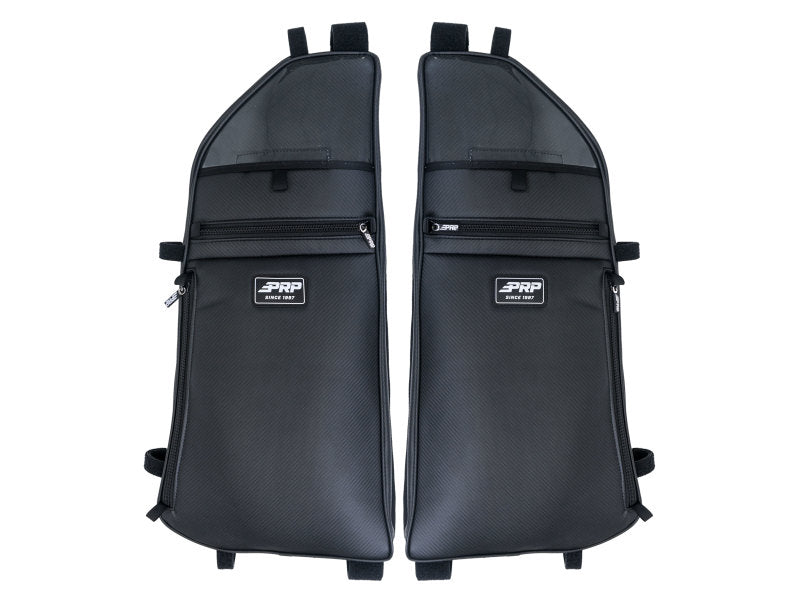Brake calipers are a crucial part of your vehicle's braking system. When you press the brake pedal, it makes the calipers work. This happens through hydraulic pressure, which pushes the calipers' pistons. These pistons press the brake pads against the rotor, creating the friction that slows your car down.
There are different types of calipers: fixed, floating, and multi-piston. Each type affects how your brakes perform. It's important to know about these types to understand how they help your car stop safely.
To make sure your brakes work well all the time, it's essential to keep the calipers in good shape. This includes checking them regularly for any leaks or uneven wear. Also, make sure the pistons are not sticking.
By taking good care of your brake calipers, you help ensure that your car stops when you need it to. This is important for your safety and for the safety of others on the road. Regular maintenance helps your vehicle perform its best.
Key Takeaways
- Brake calipers press the brake pads against the rotor to create friction that slows the vehicle.
- Properly functioning calipers are essential for effective and safe braking performance.
- Calipers come in various types, like fixed, floating, and multi-piston, to suit different vehicle needs.
- Regular maintenance of calipers ensures reliable operation and prevents brake system failure.
- Malfunctioning calipers can lead to uneven brake wear, leaks, and reduced braking efficiency.
Understanding Brake Calipers
Brake calipers are key parts of your car's brake system. They help stop your car when you need to. Inside these calipers, there are brake pads and pistons that work together to press against the car's wheels, slowing them down.
When you push down on the brake pedal, a special fluid makes the pistons move. In a type of caliper called a floating caliper, the pistons are on one side only. This lets the caliper move a little to make sure the brake pads press evenly. This helps your car brake smoothly and keeps the parts from wearing out too fast.
Another type of caliper is called a fixed caliper. It has pistons on both sides, which helps push the brake pads more evenly. However, these are more expensive to make.
Both kinds of calipers face a lot of heat when you brake. It's very important for the calipers to get rid of this heat properly. If they don't, the brakes mightn't work as well.
To keep your car safe, it's important to check the calipers regularly. Make sure they're working right and staying cool. This isn't just good for the car; it keeps you safe on the road too.
Components of Brake Calipers
In your car's braking system, the brake caliper is a key part. It holds important pieces like pistons and brake pads. These parts work together to help slow your car down when you press the brake pedal.
The pistons in the caliper are usually made of metal or ceramic. They play a crucial role by pushing the brake pads against the brake rotor. This action is what creates the friction needed to reduce the car's speed.
Brake pads are made of a material that grips really well. This material helps make the friction that slows down the car when the brake pads press against the rotor.
Each part in the brake caliper has a special job. Knowing how they work together helps you understand why taking good care of them is so important. Regular maintenance checks ensure that every part works well and keeps you safe on the road.
If the pistons get rusty or the brake pads wear out, it can make the brakes less effective. That's why it's good to check these parts regularly.
How Brake Calipers Function
When you step on the brake pedal in your car, the brake calipers work hard to make your car slow down or stop. They do this by turning the pressure from the brake pedal into a force that presses the brake pads against the rotor. This is a very important part of how your car brakes.
The calipers have parts called pistons inside them. When you press the brake pedal, the pistons get pushed out by the hydraulic pressure. This makes the brake pads press against the rotor. The rotor is a disc that spins with your car's wheels.
The pressure from the brake pads on the rotor creates friction. This friction is what slows down your car. It turns the car's moving energy into heat, which helps stop the car.
It's very important that the brake calipers are working well for your car to brake properly. If something goes wrong with the calipers, like a piston getting stuck or a leak in the system, it can make the brakes work poorly. This is why it's crucial to keep them in good condition.
To ensure your brakes always work well, it's a good idea to have them checked regularly. This keeps you safe on the road and makes your driving experience better.
Types of Brake Calipers
Brakes are an essential part of a car's safety system. They help you stop quickly and safely, and there are different types of brake calipers that make this possible.
Here are the different types of brake calipers:
- Fixed Caliper: This type of caliper is attached firmly to the steering knuckle and doesn't move. It helps apply steady and even pressure to the brake rotor, making the contact between the rotor and the brake pads strong and reliable.
- Floating Caliper: This type of caliper has one piston and moves back and forth on guide pins. This movement lets the caliper adjust itself as the rotor wears down, reducing brake drag and making sure the brake pads wear down evenly.
- Dual-Piston Caliper: This type of caliper has two pistons on one side, spreading out the force more evenly on the brake pad. This improves the brake's response when you start to push the pedal and makes the overall performance better.
- Four-Piston Caliper: This type of caliper has two pistons on each side, offering more braking power and better handling of heat, which is great for high-speed driving.
- Six-Piston Caliper: This type of caliper has three pistons on each side, giving top-notch braking force and a better feel of the brake pedal. This is perfect for racing cars and heavy-duty vehicles.
Signs of Caliper Malfunction
Knowing about different types of brake calipers helps you spot problems like uneven brake wear or leaks in brake fluid. If you notice that your car pulls to one side when you brake, it might mean that the calipers are sticking. This issue is common in systems called floating calipers. When calipers stick, one brake pad might wear out faster than the other.
If you see any wet spots near the wheels or if your brake fluid level goes down, you should check your brakes right away. This could mean there's a leak caused by a problem with the caliper seals. Leaks are serious and can lead to your brakes not working properly when you really need them.
When calipers get too hot, they can make your brakes less effective. This is called brake fade and it can be dangerous if you're driving.
Hearing grinding sounds when you brake is a warning that you shouldn't ignore. These noises usually mean that the brake pads are completely worn out. This causes the calipers to rub directly on the rotors, which can damage your car and make braking much harder.
It's very important to get these issues checked by a professional as soon as you notice them. Taking care of these signs early can help avoid bigger problems later and keep your car's braking system working well.
Caliper Maintenance Tips
To keep your car's brakes working well, it's important to check your brake calipers often. Look for any signs of wear like cracks, leaks, or rust. Finding these issues early can help prevent brake problems.
During your check, make sure the calipers themselves are in good shape. Watch out for any brake fluid leaks, which could mean there's a problem with the seals.
Cleaning your brake calipers is also key. Use a special brake cleaner to remove dirt, dust from brakes, and other stuff from the road. This cleaning helps stop the calipers from getting stuck or not moving smoothly.
After cleaning, don't forget to lubricate the parts of the caliper that move, like slide pins or bushings. Use a grease that can handle high temperatures, made just for brakes. This helps the calipers move freely, which is important for the brake pads to wear evenly and for the brakes to work consistently.
Keep an eye on the thickness of your brake pads too. If they're thinner than what the car maker suggests, it's time to replace them. This prevents damage to the calipers.
Sometimes, you might need to rebuild your calipers. This means taking them apart, cleaning them well, and replacing any old parts. Rebuilding can make them work like new again and is usually cheaper than buying new ones.
Replacing Your Brake Calipers
When your brake calipers start to stick, leak fluid, or make strange sounds, it's important to think about replacing them. This helps keep your vehicle's brakes working well. Brake calipers are essential because they press together to slow down your car's wheels.
There are two types of brake calipers: fixed and floating. Both are important but can have different problems because they work in different ways.
Replacing brake calipers isn't just about fixing them; it's about preventing problems before they start. When calipers get too hot, they can cause brake fade. This means your brakes won't work as well and that can be unsafe. It's good to check your brakes, including calipers, every 100,000 miles to avoid any issues.
If a brake caliper is badly damaged or leaking a lot, it's best to have a professional fix it. Experts can ensure that new calipers are put in the right way and that your whole brake system is working properly.
Having a professional install your brake calipers is very important. If calipers aren't aligned or installed correctly, it could lead to more problems and make your vehicle harder to control.
Caliper Troubleshooting Guide
If your brake calipers start sticking or leaking, it's very important to check them right away to keep your brakes working their best. When calipers stick, it might be because they're dirty or rusty. This can make your brake pads and rotors wear out unevenly. It can also make your brakes less effective and cause them to overheat.
First, look at the caliper slides. These need to be clean and well-lubricated so the caliper can move smoothly. Floating calipers must move freely to press the pads evenly and keep friction low.
Next, check the brake lines for any signs of leaking fluid. Bad caliper seals could be the problem. This can lower the hydraulic pressure that helps your brakes work well.
If you see brake fluid on the brake lines or calipers, you should fix these leaks right away. This is very important to ensure your vehicle remains safe to drive.
Frequently Asked Questions
What Is the Role of the Brake Caliper?
The brake caliper in your vehicle helps to stop the car by pressing the brake pads against the wheels. It uses a hydraulic system and pistons to do this. The caliper is important for showing when the brakes are worn out and for improving the brakes' performance. It also needs regular checks to keep working well.
What Is the Main Function of a Caliper?
The main job of a caliper is to measure things accurately. It can be made from different materials and has changed in design over time. Keeping a caliper in good condition is important for it to measure correctly. There are various types of calipers, each improved to be more precise for different uses.
What Are the Benefits of Brake Calipers?
Brake calipers are important for safe braking. They resist rust, handle high temperatures well, and last a long time. They are also easy to install and maintain. Plus, they come in different styles and help your car brake better.
What Is the Main Purpose of the Brake System in a Vehicle?
The main purpose of your vehicle's brake system is to make sure the car can stop safely. It helps control the car's speed, changes movement into heat, and spreads out the stopping force. This makes the brake pedal respond well and helps in quick stops.





